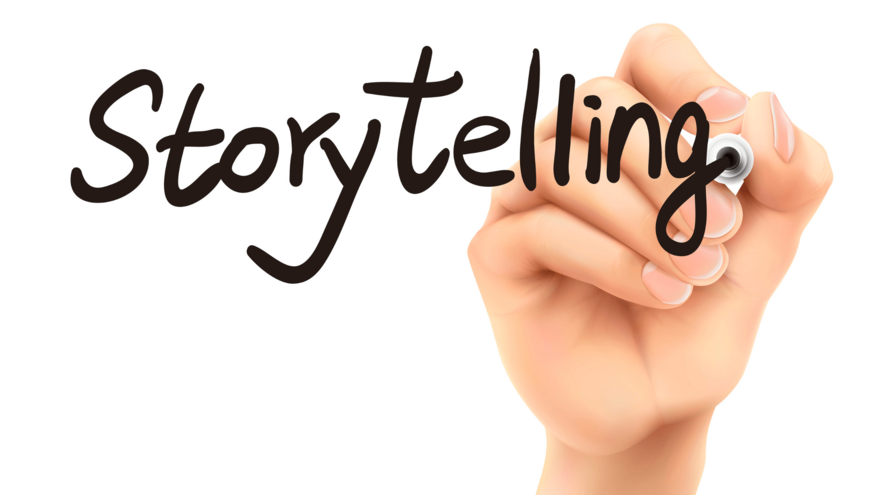5 Uses for Storytelling in the Business World

There are many situations you're going to run into in business or professional settings in which storytelling will be an effective tool for helping you achieve your goals and move up the ladder professionally.
A typical situation for any manufacturer is trying to sell a product to others. Therefore, you might initially need help logically convincing someone why they should buy your product, especially if they didn't seek you out.
By providing a real-world story and showing them how your product helped someone or their business, your potential customer might be more willing to buy. They want to see specific examples of how the product helped others rather than being told they’ll like it.
There's also the matter of building loyalty or trust in your brand when talking to prospective customers or clients. A bad deal could have burned the person you're talking to in the past from a similar company, so it's your job to help them trust you.
Suppose you can give them stories of satisfied customers or other clients who are happy with your work. In that case, they'll be more likely to trust your company since you have genuine examples of people delighted with your business.
In this same line of work, you might encounter scenarios where the client already trusts your business. Still, they're trying to decide between buying from you or other companies that they also trust.
In a case like this, storytelling can make you more memorable to the client. Beyond just giving the information they need, storytelling can help make you stand out in their mind compared to other companies.
You may be put in a situation while working in a professional setting in which you are required to give a speech or introduce someone at a formal event. Public speaking is intimidating to many, and it can be worse if you don’t know what to talk about.
By telling friendly and fun stories about the company or about the person you're introducing, you can easily lead into normal speech points while entertaining the crowd at the same time.
Suppose you're a bit higher up in the company or have been working there for a while. In that case, you can notice when younger, newer recruits struggle with work or encounter stressful situations.
In this situation, you can help by telling them stories of hardships you encountered when you first signed up for that job and what you did to solve your problems. This can help guide them towards their own solutions without you telling them exactly what to do.
0 comments
Leave a comment
Please log in or register to post a comment